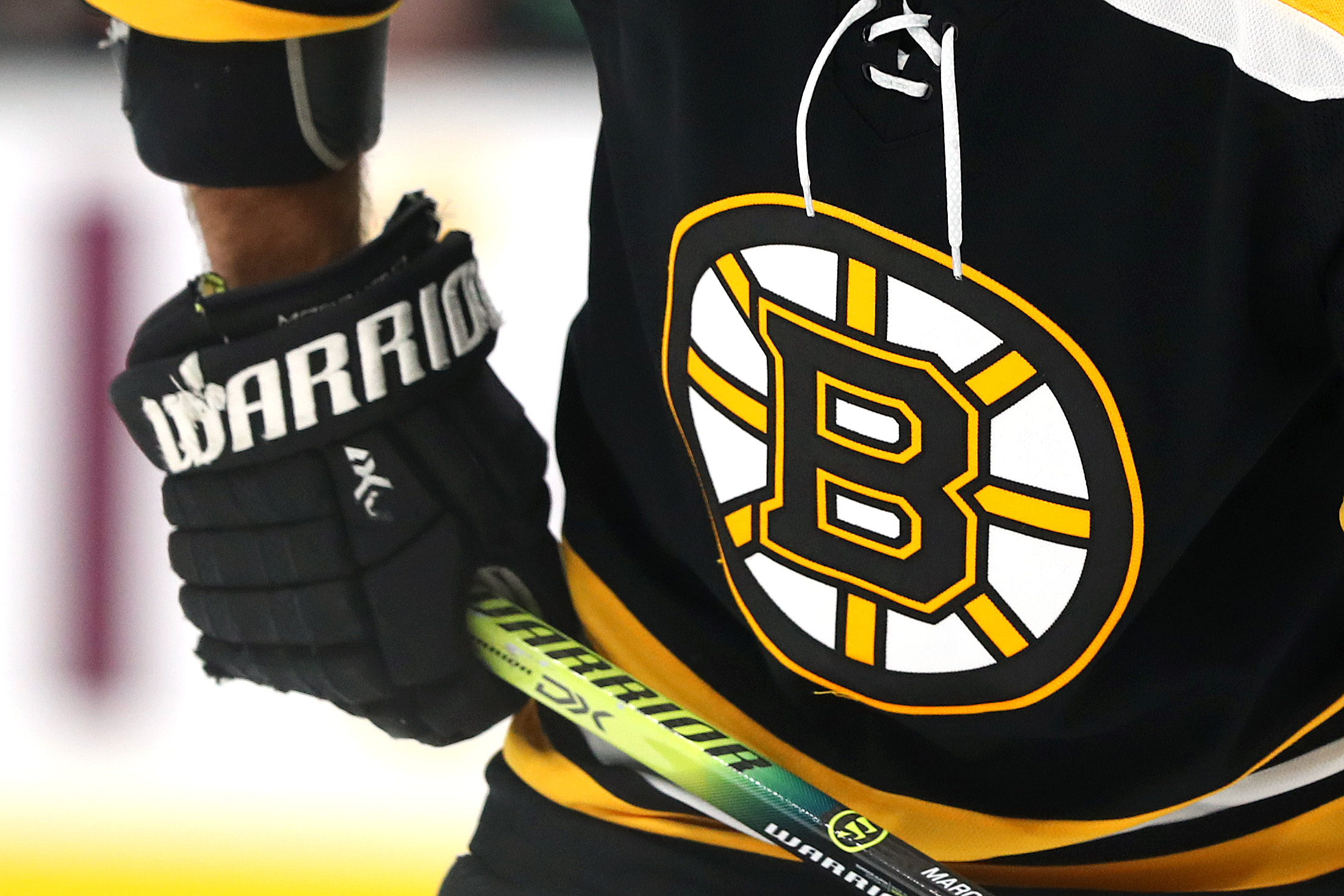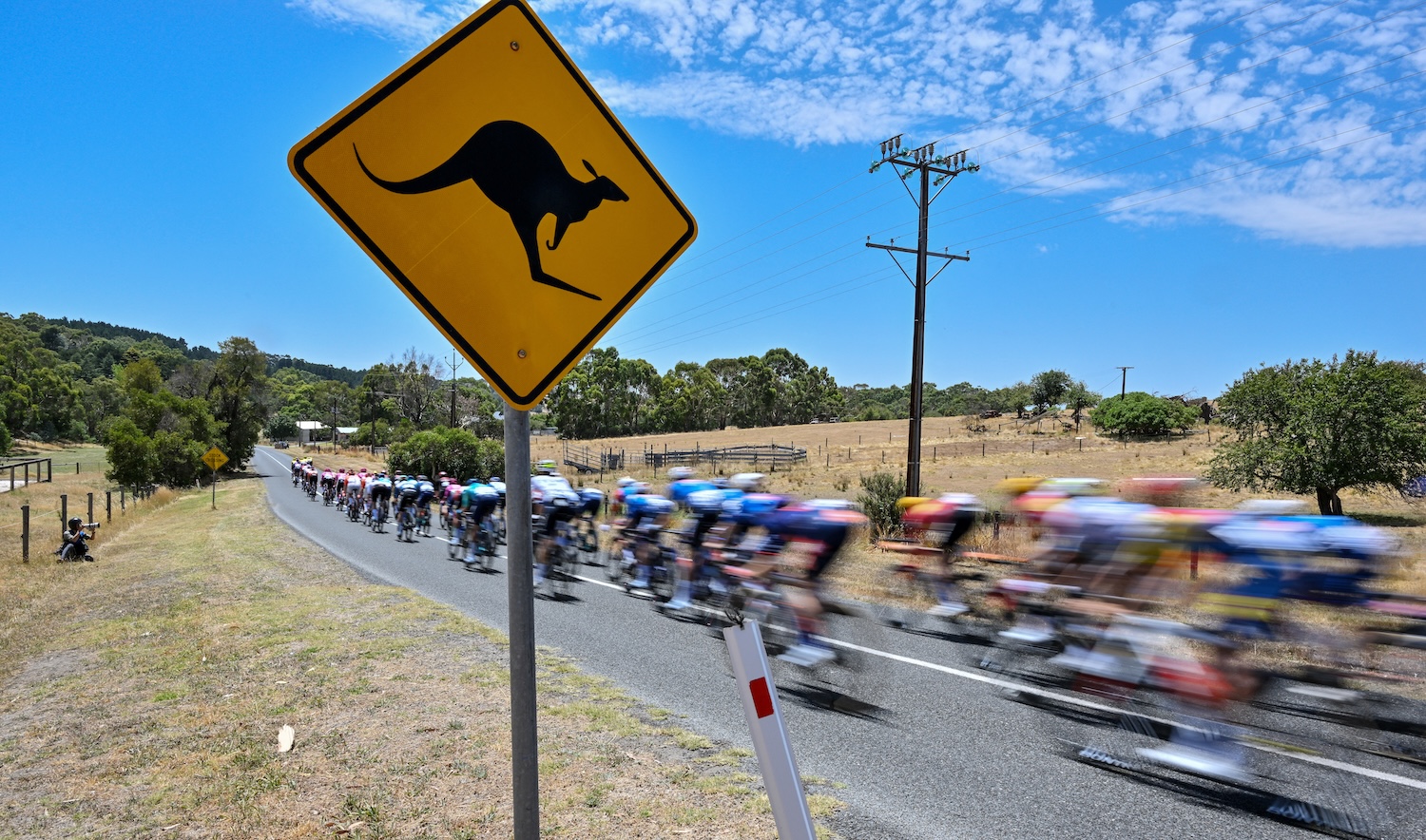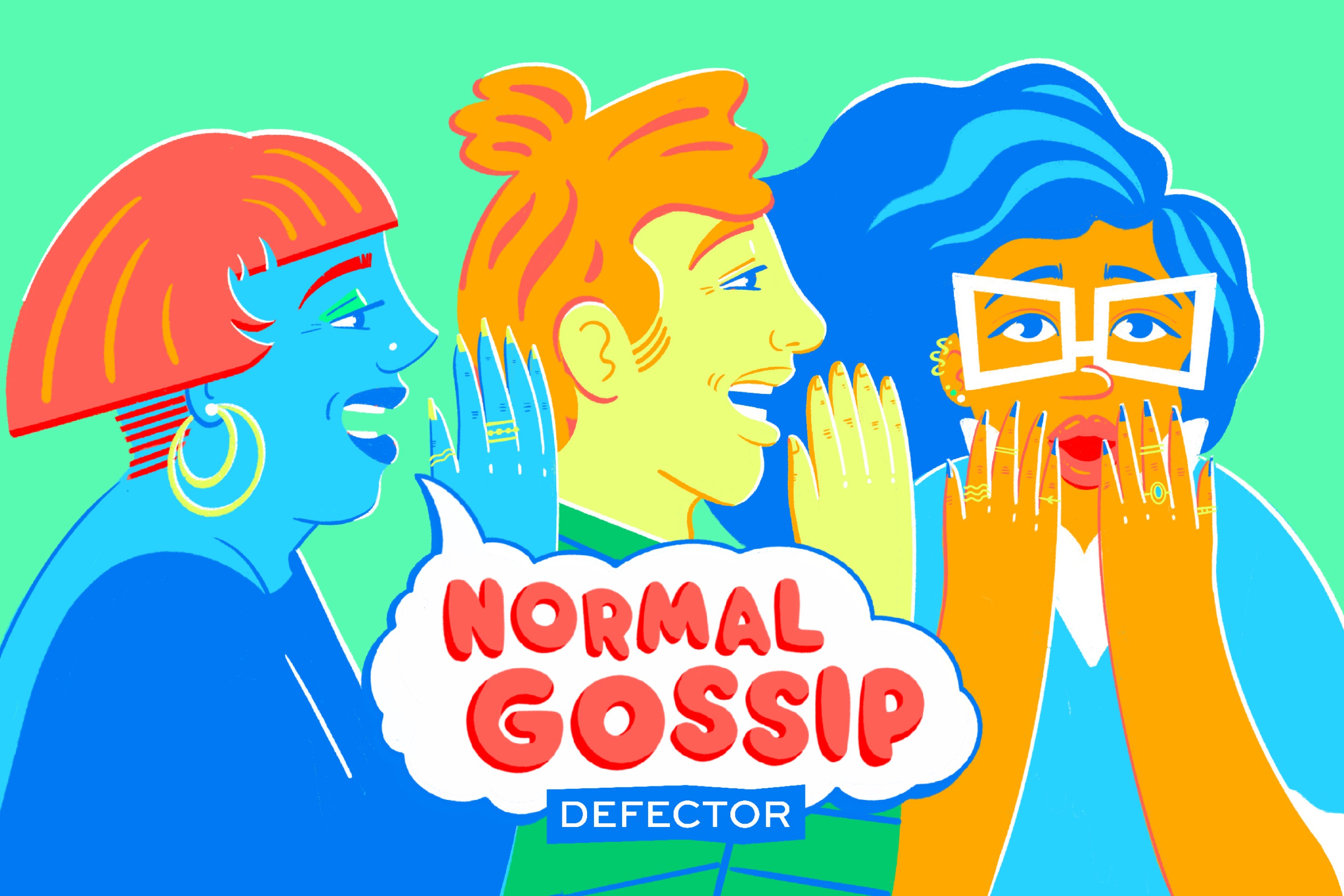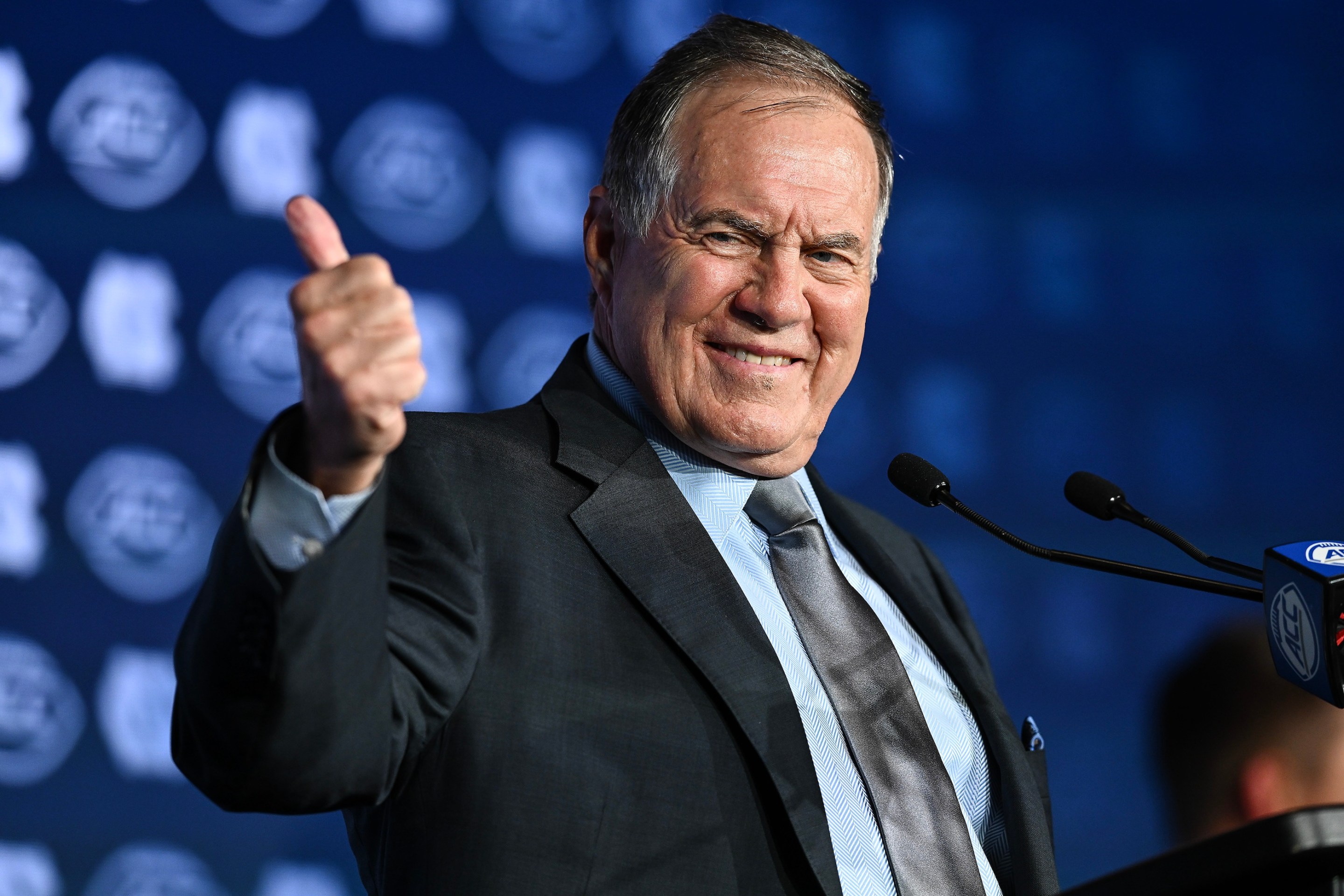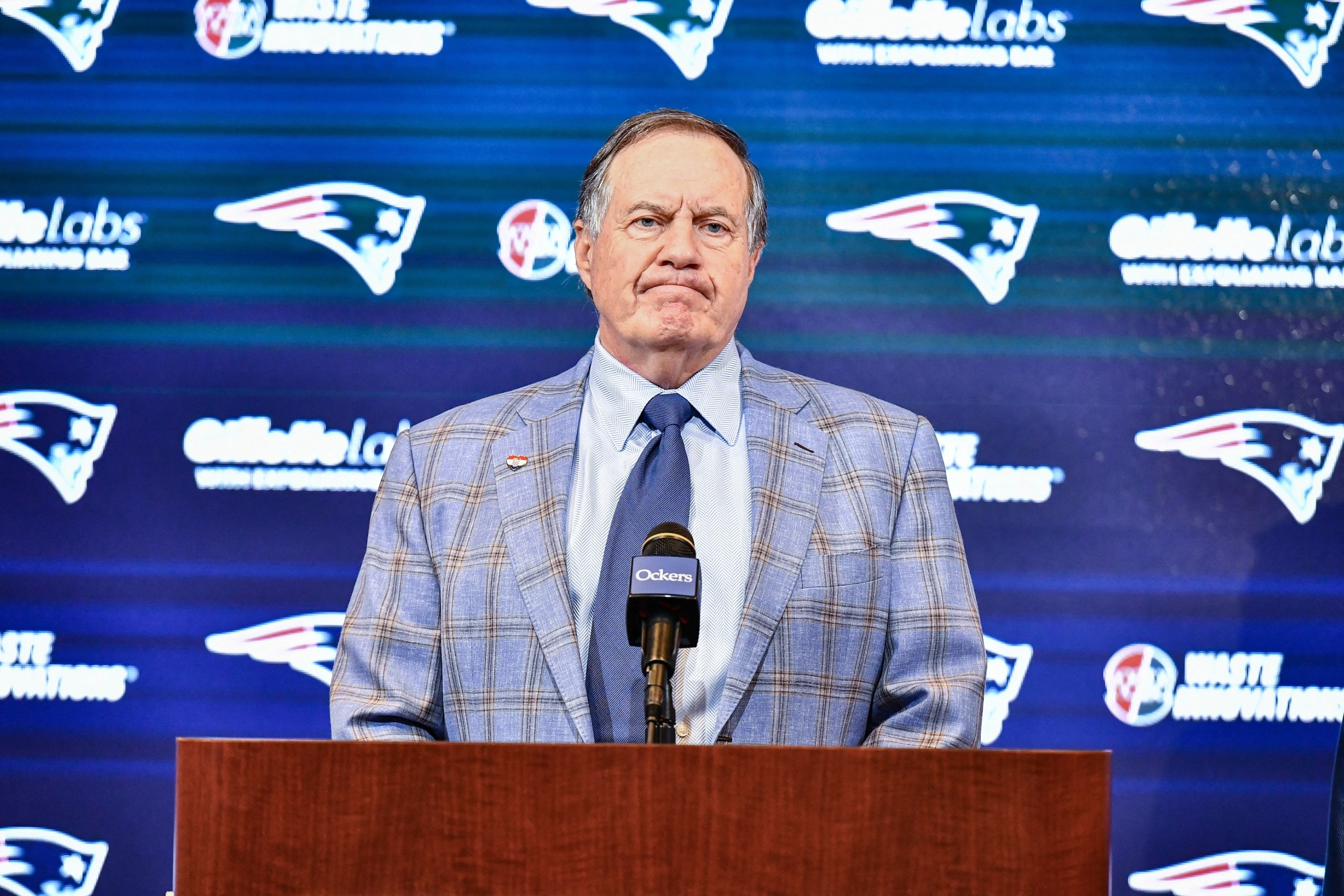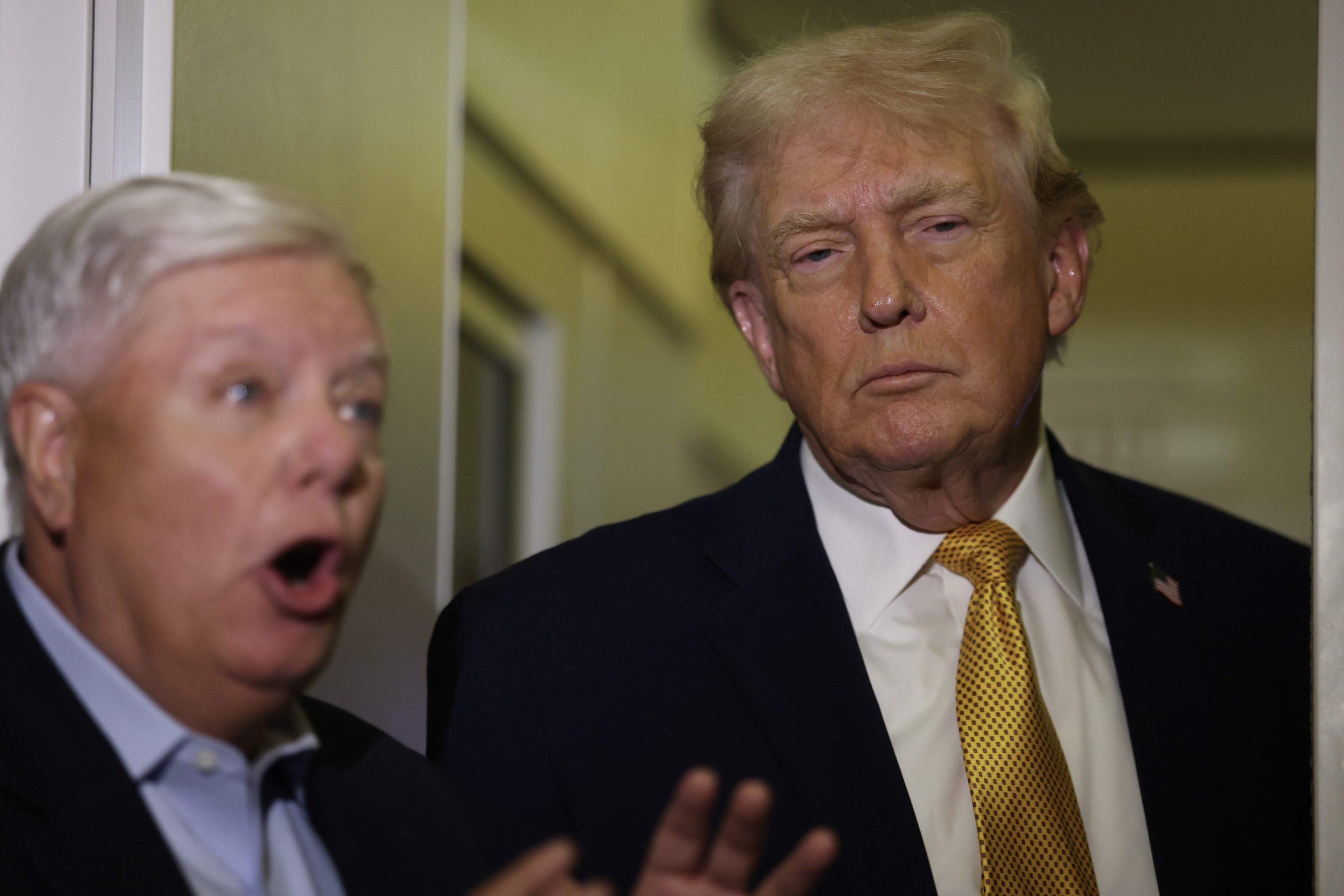At a pathetic press conference on Friday to announce the signing of defenseman Mitchell Miller, who as a teenager had been convicted of assault as a juvenile for a history of racist bullying of a classmate, Boston Bruins GM Don Sweeney's heart didn't seem in it. Sweeney said, "I can't categorically tell you this was the right decision," which is the sort of thing people say after they make the wrong decision and they know it. Sweeney noted that he had personally picked up Miller at the airport before signing his contract, but that "if anything goes sideways," he would be the one driving Miller back. I suspect it's a pretty quiet drive to Logan this morning.
Sunday evening, after two days under fire, the Bruins announced they are dropping Miller like the other shoe. The statement, attributed to team president Cam Neely, is being and will continue to be picked apart, but here's what seems like the crucial bit:
The decision to sign this young man was made after careful consideration of the facts as we were aware of them: that at 14-years-old he made a poor decision that led to a juvenile conviction. We understood this to be an isolated incident and that he had taken meaningful action to reform and was committed to ongoing personal development. Based on that understanding we offered him a contract.
Based on new information, we believe it is the best decision at this time to rescind the opportunity for Mitchell Miller to represent the Boston Bruins.
At least some of the "new information" was not very new at all. Miller's bullying was not an "isolated incident," as the team claimed it believed, but part of an ongoing tormenting of Isaiah Meyer-Crothers, a developmentally disabled black student. The conviction was for beating Meyer-Crothers and getting him to eat a lollipop that had been placed in a urinal and peed on, according to the police report, but Meyer-Crothers's family said Miller had bullied him for years with racial slurs. All of this was known; it came out soon after Miller was drafted by the Coyotes in 2020; Arizona released him soon after. The Bruins' due diligence apparently did not extend to using Google.
The Bruins also referred to their belief that Mitchell had taken "meaningful action to reform" himself. Where might they have gotten that idea? I don't know for certain, but on Sunday Miller's agent, Eustace King of O2K, put out a statement touting all the volunteer work Miller had done to improve himself and prove that he is a changed person. The statement was, to put it plainly, a disaster.
• One of the organizations mentioned is owned by an O2K executive, and "focus[es] on player development and mentorship for O2K athletes."
• Another organization was one Miller spent time with only as part of his court-ordered volunteer work.
• A third, which King claimed Miller had "met with and committed to working with," put out its own statement saying that it had only been approached to consider working with Miller, but that it had not done so.
• The executive director of a fourth nonprofit cited in the agent's statement said that it had invited Miller to work with it, but he had not actually responded, let alone volunteered. "But our names were good enough for the press release," she noted.
The agent's statement closed by saying, "We believe in restorative justice." Commendable. Restorative justice is a method that seeks to address and repair the harm committed, rather than merely punish the offender. The fundamental goal of restorative justice is to organize a meeting between the offender and the victim, and focus on the victim's needs. But whatever Miller's intentions, it's impossible to call his actions compatible with restorative justice: Until a week and a half ago, he had not apologized to Meyer-Crothers outside of a courtroom. And even that was Miller reaching out over social media—it's not clear if Meyer-Crothers responded—and only because the Bruins had made clear that a direct apology was required before they would sign him.
“The apology we got was because Boston said 'we’d sign him if he apologized,'” Meyer-Crothers's father told The Athletic. “That’s dead and shallow. That means nothing."
If Miller's journey toward self-improvement sounds like it has consisted of the bare minimum, perhaps the Bruins could have weathered that. Perhaps their Friday afternoon news dump would have served its purpose and the outrage would have burned itself out (I don't think so, but perhaps!), if not for two developments over the weekend. The first was a number of Bruins veterans publicly expressing their disappointment with Miller's signing. "It's a hard one for us to swallow," Nick Foligno said. "I don’t think any guy was too happy."
The second development was—like so much else here—something the Bruins probably should have looked into beforehand. Commissioner Gary Bettman said on Saturday that Miller is not currently eligible to play in the NHL. "Before the Bruins made the decision to sign him, we were not consulted," Bettman said.
"He's not coming into the NHL," Bettman continued. "He's not eligible at this point to come into the NHL. I can't tell you that he'll ever be eligible to come into the NHL. If, in fact, at some point they think they want him to play in the NHL—and I'm not sure they're anywhere close to that point—we're going to have to clear him and his eligibility. ... Nobody should think at this point he is or may ever be NHL-eligible."
So this is where things stand. Miller remains in juniors, and is no closer to the NHL—perhaps further away, as everyone has learned that he hasn't made much effort to show he's matured and grown since the last time he was drummed out of the league two years ago. And the Bruins have an enormous black eye, incurring the well-deserved wrath of the hockey world for believing talent should triumph over all other considerations, and offering a bunch of weasel words and outright lies to justify it. They signed Miller without questioning too deeply whether they should, or even could—not even cutting him can change that fact.
